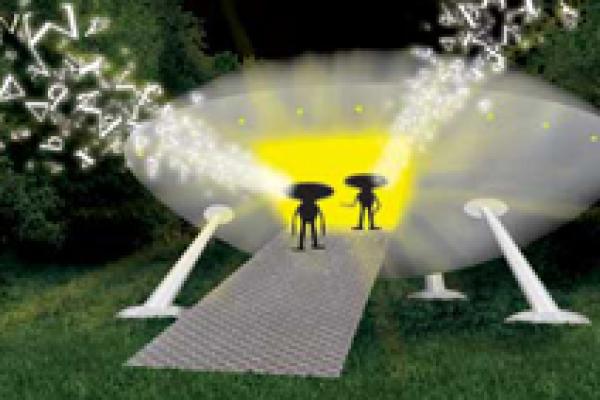
Maths in a minute: Peano arithmetic
How would you explain the natural numbers to an alien devoid of a number instinct? You could try Peano arithmetic...

How would you explain the natural numbers to an alien devoid of a number instinct? You could try Peano arithmetic...
In the 1930s the logician Kurt Gödel showed that if you set out proper rules for mathematics, you lose the ability to decide whether certain statements are true or false. This is rather shocking and you may wonder why Gödel's result hasn't wiped out mathematics once and for all. The answer is that, initially at least, the unprovable statements logicians came up with were quite contrived. But are they about to enter mainstream mathematics?
Robert Hunt concludes our Origins of Proof series by asking what a proof really is, and how we know that we've actually found one. One for the philosophers to ponder...
Starting in this issue, PASS Maths is pleased to present a series of articles about proof and logical reasoning. In this article we give a brief introduction to deductive reasoning and take a look at one of the earliest known examples of mathematical proof.